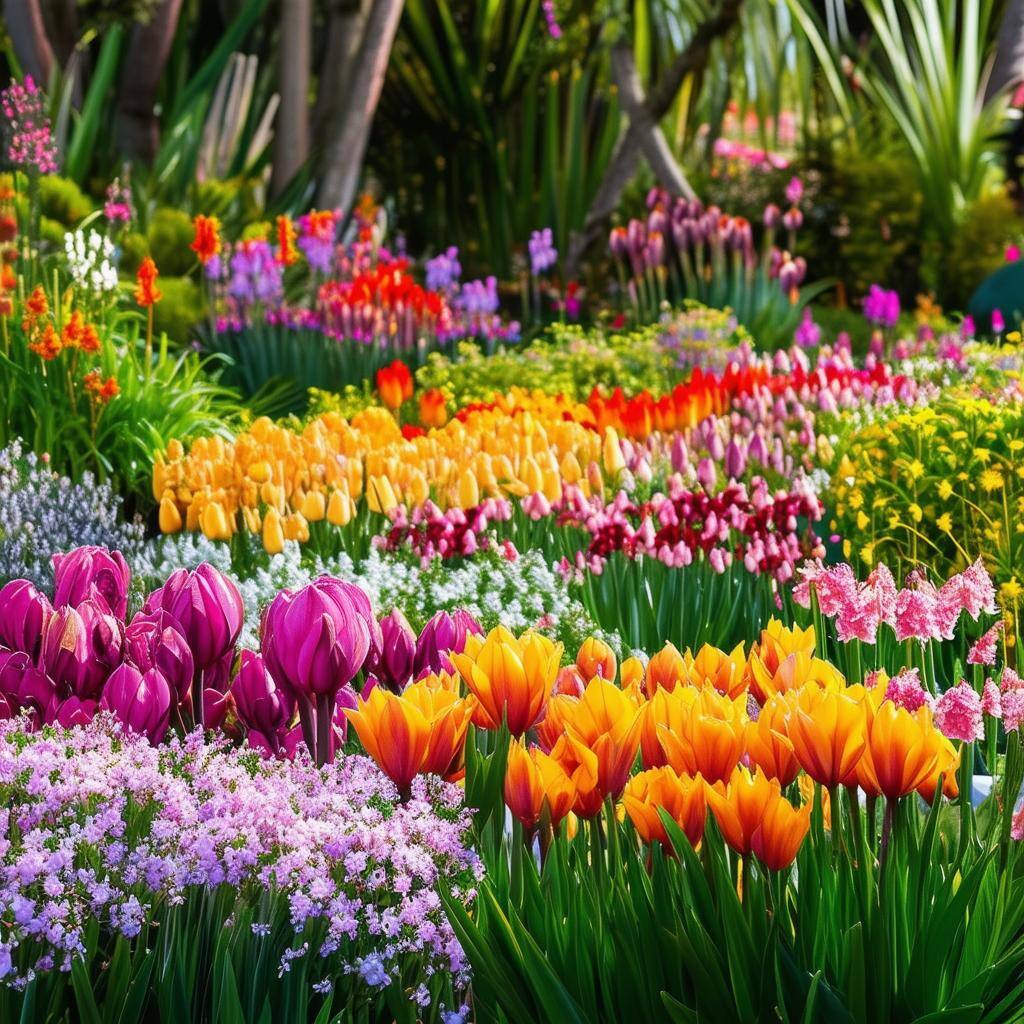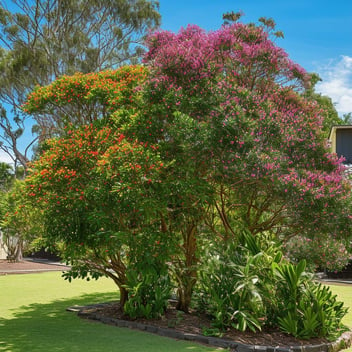Why Flowering Bulbs Are a Must-Have for Queensland Gardeners
Introduction
In the sun-drenched expanses of Queensland, where the climate oscillates between tropical warmth and subtropical humidity, gardening enthusiasts are presented with both challenges and opportunities. Amidst this verdant backdrop, flowering bulbs emerge as indispensable allies, infusing gardens with vibrant hues and captivating forms. Their adaptability and resilience make them quintessential for any Queensland gardener seeking to cultivate a dynamic and enchanting landscape.
Adaptability to Queensland's Climate
Queensland's diverse climate, ranging from coastal humidity to inland aridity, demands plants that can thrive under varying conditions. Flowering bulbs, particularly those native to similar climates, exhibit remarkable adaptability. Species such as Hippeastrum and Crinum flourish in the region's warmth, offering spectacular blooms with minimal fuss. Their innate resilience ensures that they not only survive but thrive, providing consistent beauty year after year.
Extended Blooming Seasons
One of the most compelling attributes of flowering bulbs is their ability to extend the blooming season. By strategically selecting and planting a variety of bulbs, gardeners can orchestrate a continuous parade of flowers. For instance, early bloomers like Freesia can herald the onset of spring, followed by the summer spectacle of Hippeastrum, and culminating with the autumnal charm of Nerine. This succession ensures that the garden remains a tapestry of color across multiple seasons.
Low Maintenance and High Reward
In an era where time is a precious commodity, the low-maintenance nature of flowering bulbs is a boon. Once established, many bulbs require minimal intervention, drawing sustenance from their subterranean storage organs. This self-sufficiency translates to less frequent watering and fertilization, allowing gardeners to enjoy prolific displays without the burden of constant upkeep.
Drought Tolerance
Queensland's propensity for dry spells necessitates plants that can withstand periods of limited rainfall. Many flowering bulbs, such as Zephyranthes (Rain Lily), possess inherent drought tolerance. Their ability to store water and nutrients enables them to endure dry conditions, making them ideal candidates for sustainable gardening practices in the region.
Versatility in Garden Design
The diverse forms and colors of flowering bulbs offer unparalleled versatility in garden design. Whether aiming for a formal layout with regimented rows of Lilium, or a naturalistic setting with clusters of Scadoxus, bulbs can be employed to achieve a myriad of aesthetic effects. Their ability to complement other plantings and adapt to various garden styles makes them invaluable in crafting personalized landscapes.
Attraction of Pollinators
Flowering bulbs play a pivotal role in supporting local ecosystems by attracting pollinators. The nectar-rich blooms of plants like Hymenocallis (Spider Lily) serve as magnets for bees, butterflies, and other beneficial insects. By incorporating these bulbs into the garden, gardeners contribute to the preservation of pollinator populations, which are essential for the health of the environment.
Economic and Aesthetic Value
Beyond their ecological benefits, flowering bulbs offer significant economic and aesthetic value. Their perennial nature ensures that, with proper care, they return year after year, providing a cost-effective solution for sustained garden beauty. Moreover, the visual appeal of a bulb-rich garden can enhance property value and provide personal satisfaction, making them a wise investment for any gardener.
Conclusion
Incorporating flowering bulbs into Queensland gardens is not merely an aesthetic choice but a strategic one. Their adaptability, low maintenance requirements, and ecological benefits render them indispensable. By embracing these botanical treasures, gardeners can cultivate spaces that are not only visually stunning but also harmonious with the local environment, ensuring enduring beauty and sustainability.




